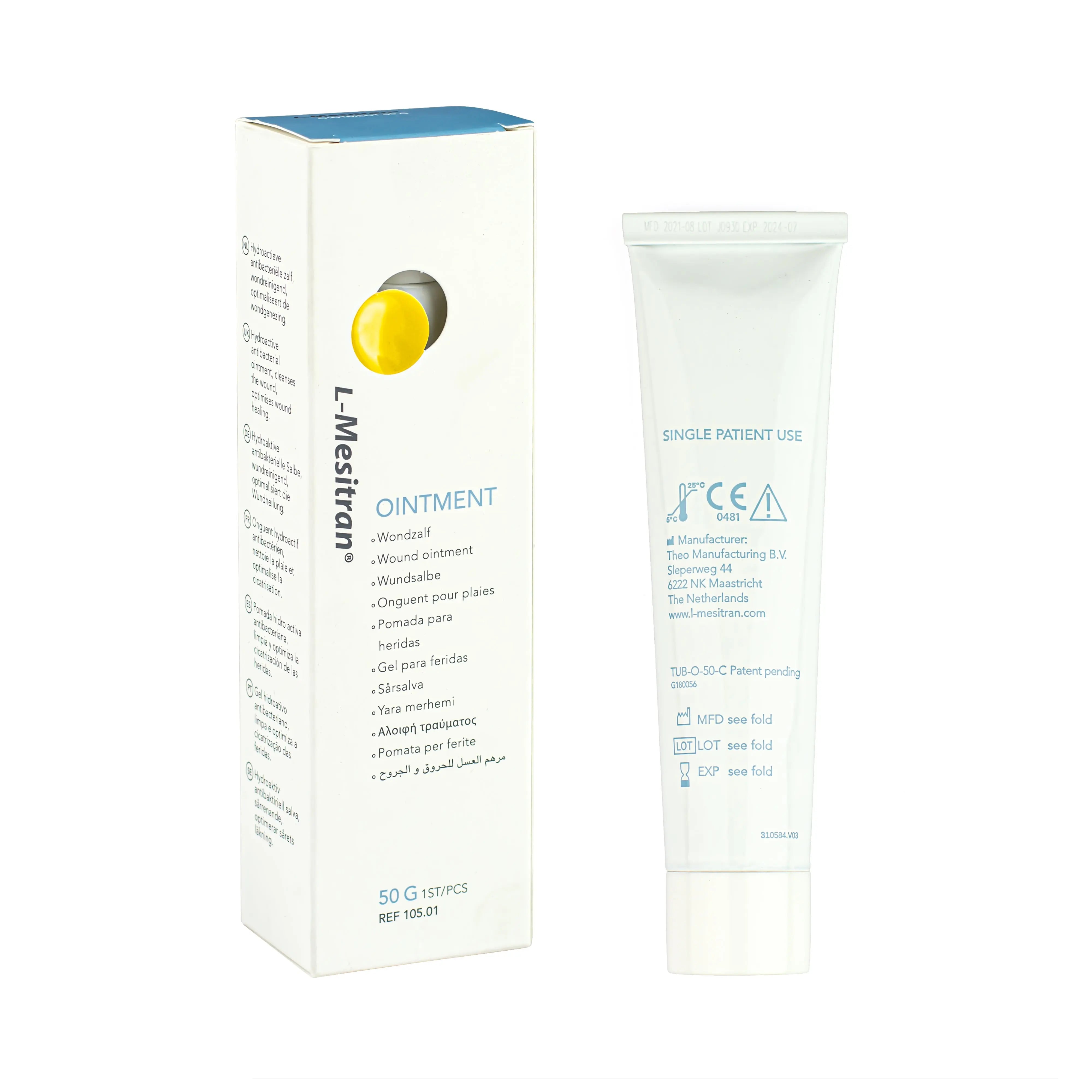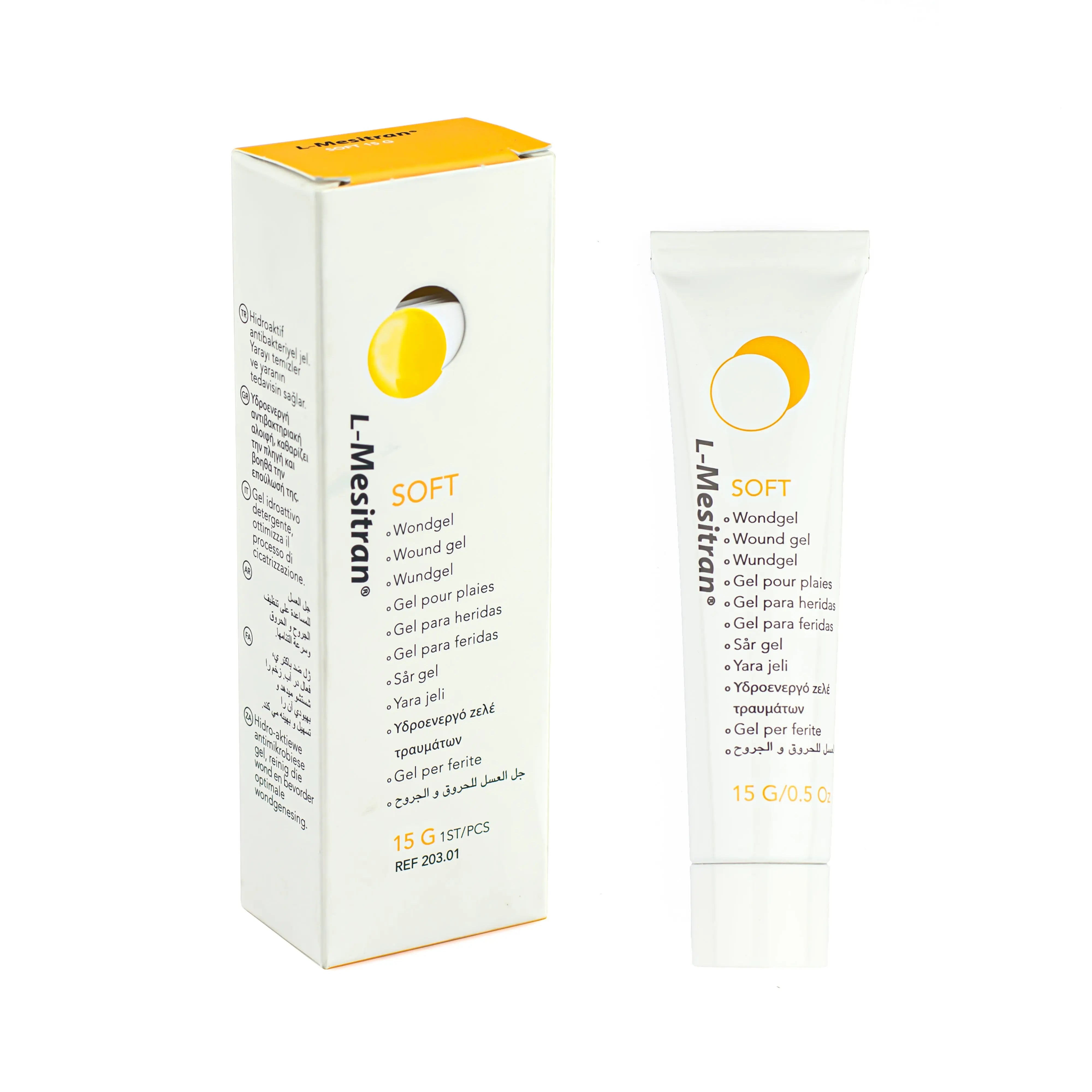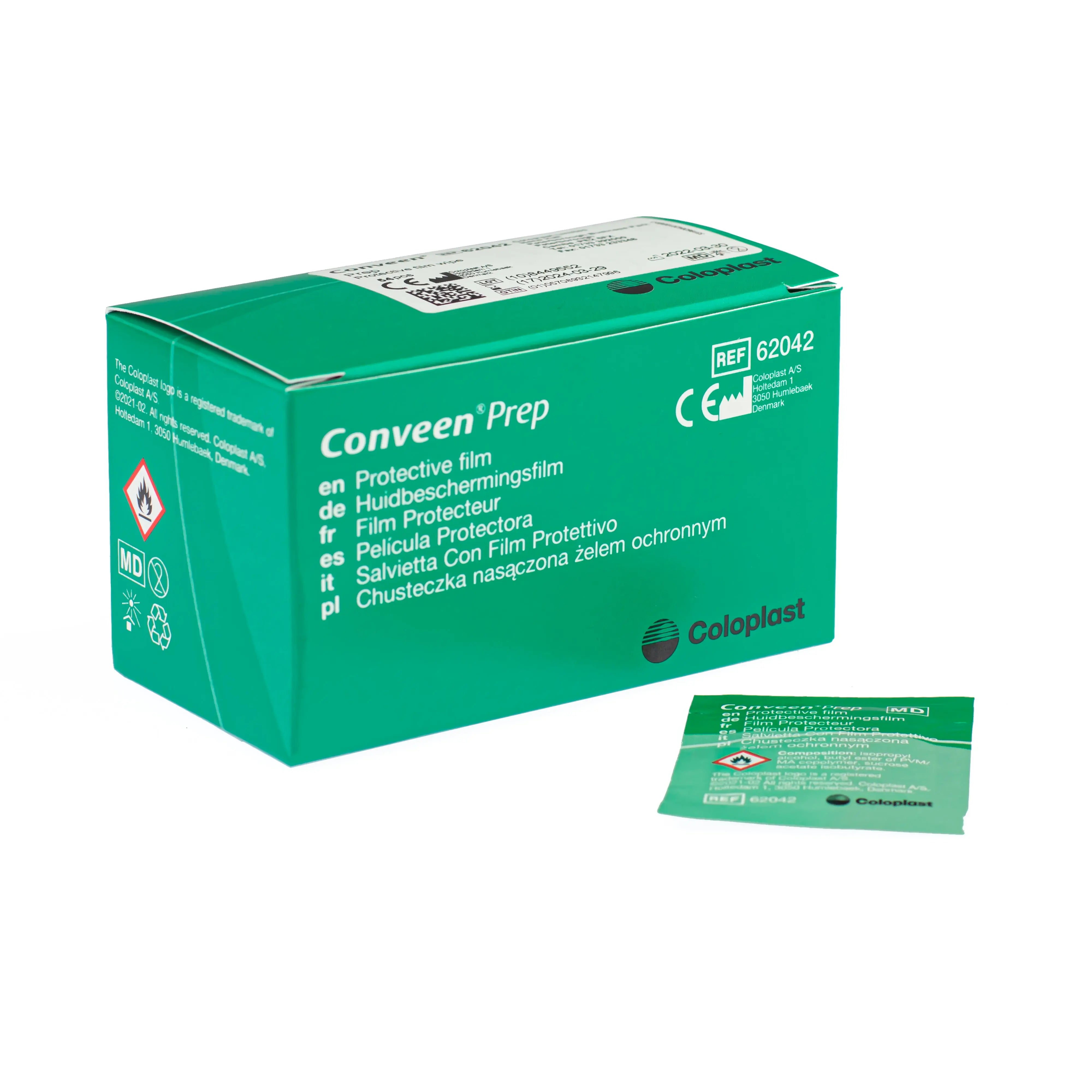When do I start scar treatment after surgery?
You can usually start scar treatment once your surgical wound has fully closed and any stitches or staples have been removed. This typically happens around 2 to 3 weeks after surgery, but it’s important to follow your healthcare professionals advice. They’ll let you know when your skin is ready for treatments like creams, silicone sheets, or other scar management methods.
How long do scar treatments take?
The length of time scar treatments take can vary depending on the type of scar, the treatment used, and your skin type. Generally, treatments can take anywhere from a few months to several years. Consistent use of scar treatment products, such as creams or silicone sheets, over a period of 8 to 12 weeks is often recommended to see significant improvements. Some treatments might need to be continued for longer to achieve the best results.
What is a scar cream?
A scar cream is a topical product designed to improve the appearance of scars by moisturising, softening, and sometimes helping to flatten or fade the scar tissue. Scar creams often contain ingredients like silicone, vitamin E, aloe vera, and other nourishing components that can help the skin heal more evenly and reduce the visibility of scars.
What creams get rid of scars?
While no cream can completely "get rid of" scars, several creams can significantly reduce their appearance. Popular scar creams include those containing:
- Silicone: Helps to flatten and soften scars, reducing redness and thickness.
- Vitamin E: Known for its moisturising and healing
- Onion Extract: Helps to soften scars and improve their texture.
- Aloe Vera: Soothes and hydrates the skin, which can help with healing.
- Hydroquinone: Used in some creams to lighten hyper-pigmented scars.
How do scars heal?
Scars form as part of the body’s natural healing process when the skin is injured. Here’s how the process works:
- Inflammation: Right after injury or surgery, your body works to stop the bleeding and begins to form a protective barrier over the wound.
- Tissue Formation: Over the next few weeks, the body produces collagen, a protein that helps rebuild the damaged skin. The new tissue is often thicker and less flexible, which is why scars feel different from normal skin.
- Remodelling: The scar tissue slowly matures and changes over time. It becomes more flexible, and the colour may fade. This process can take several months to a few years.



